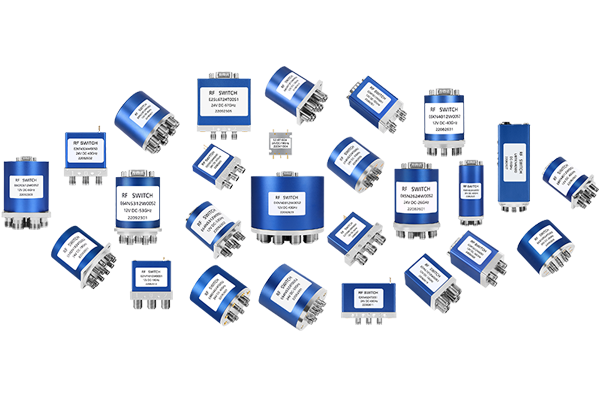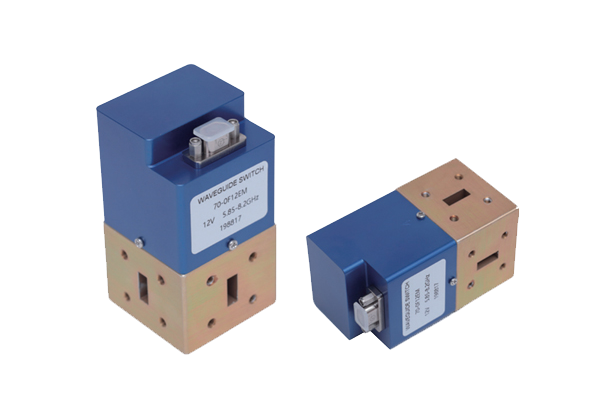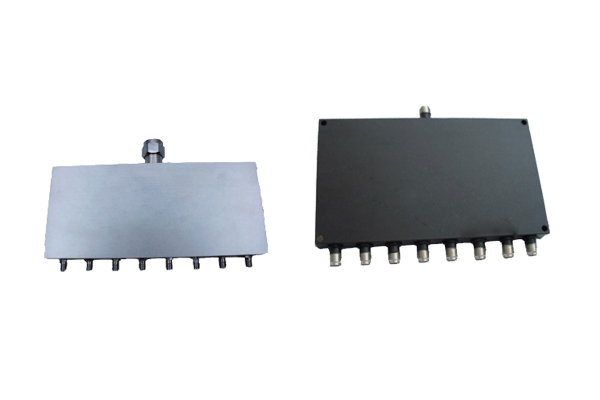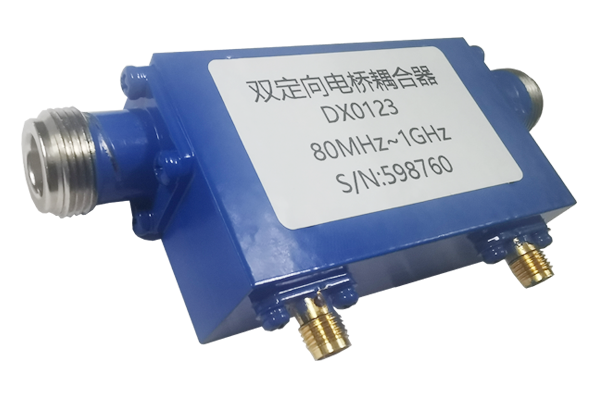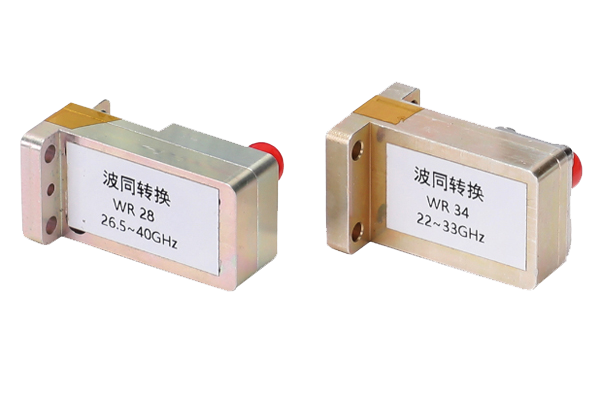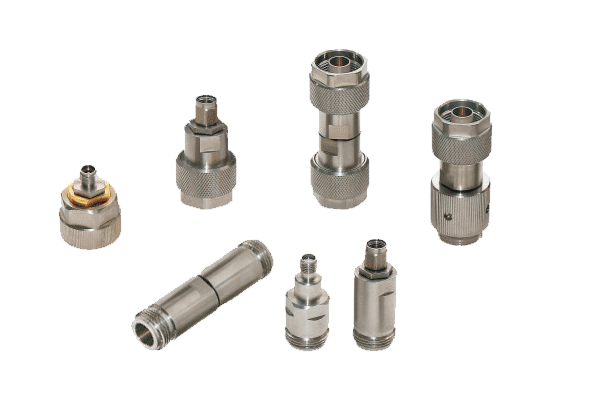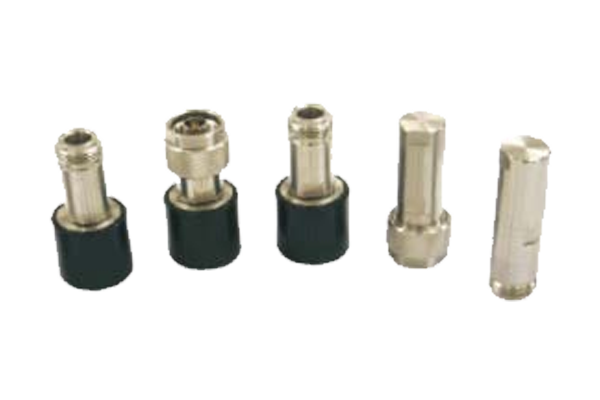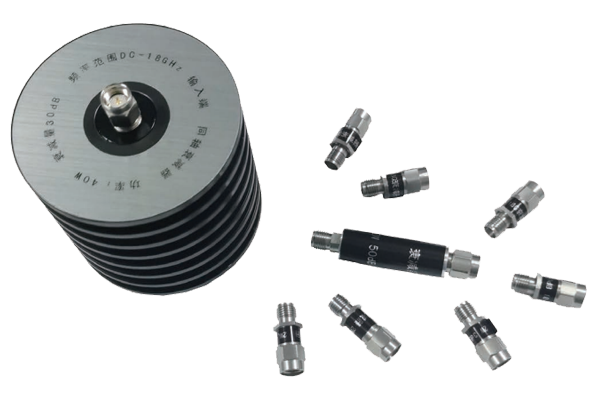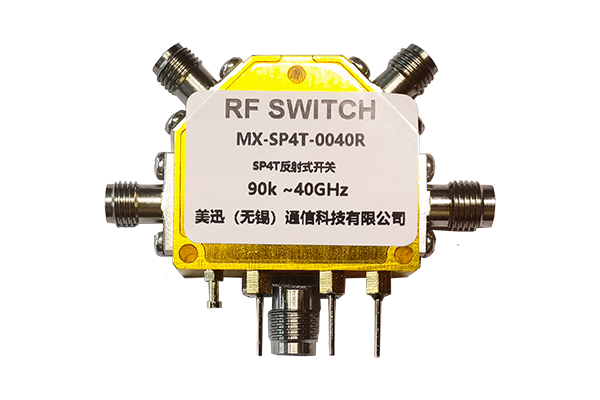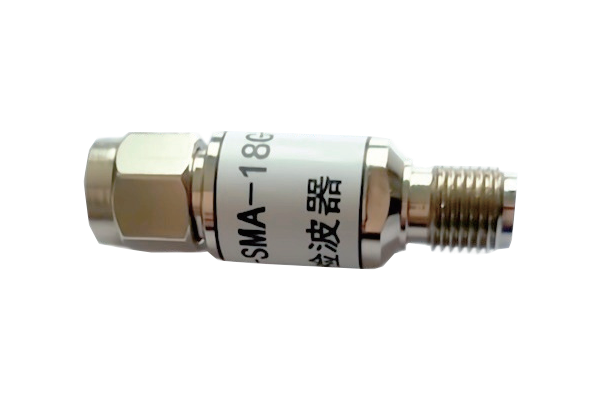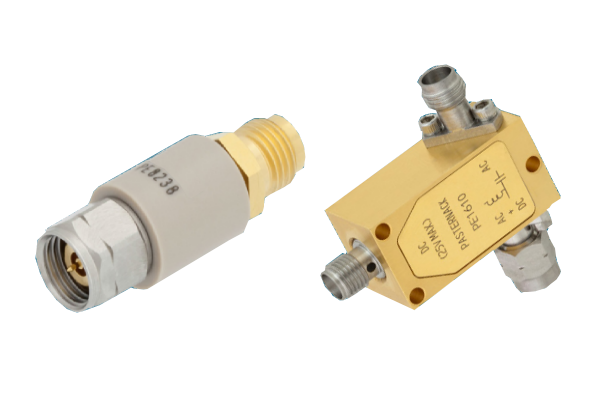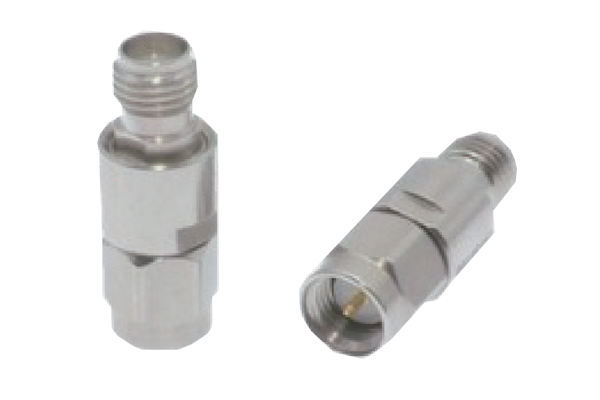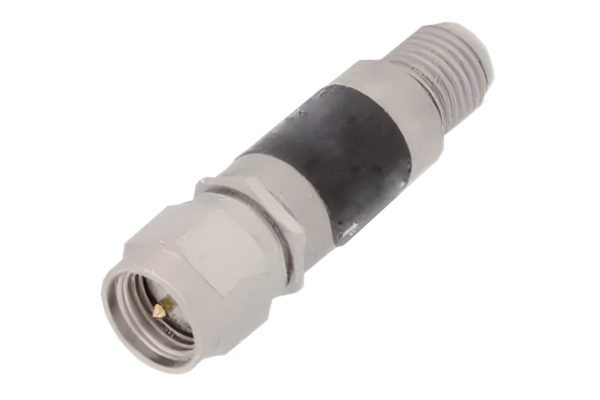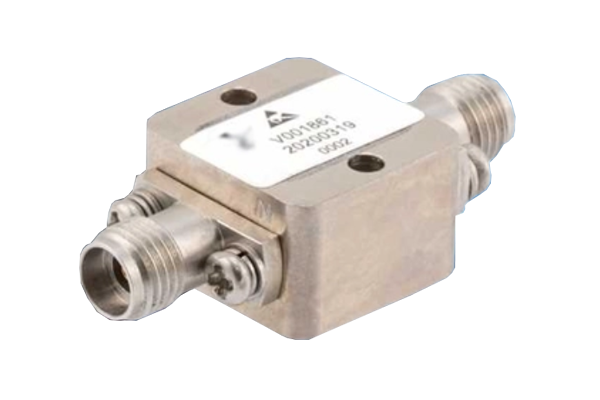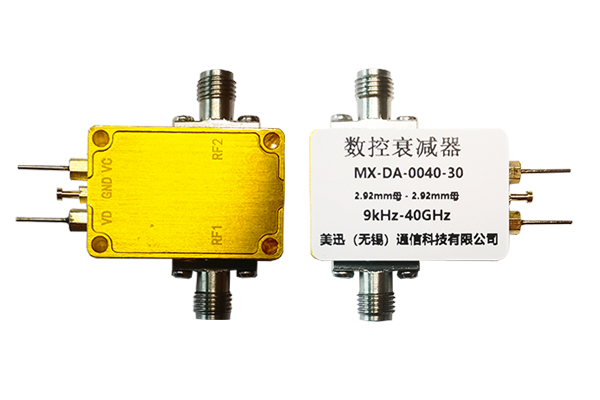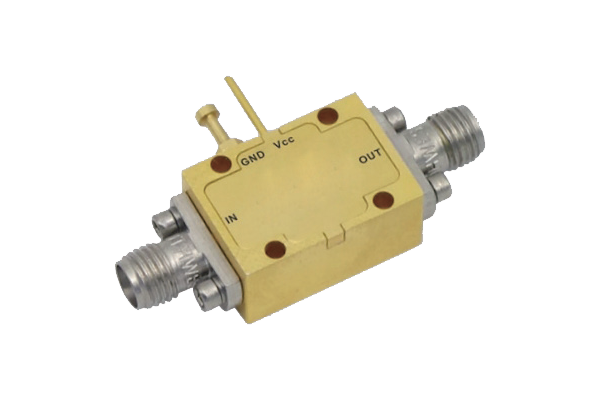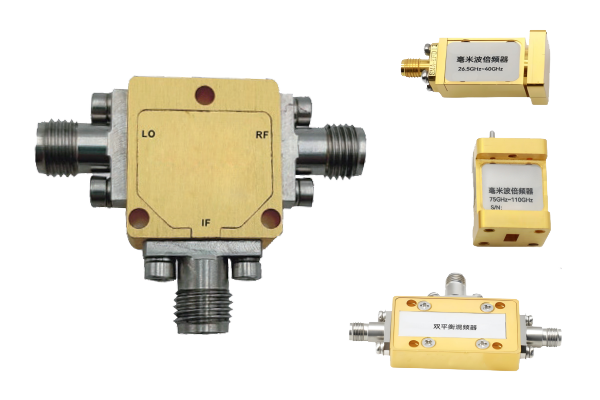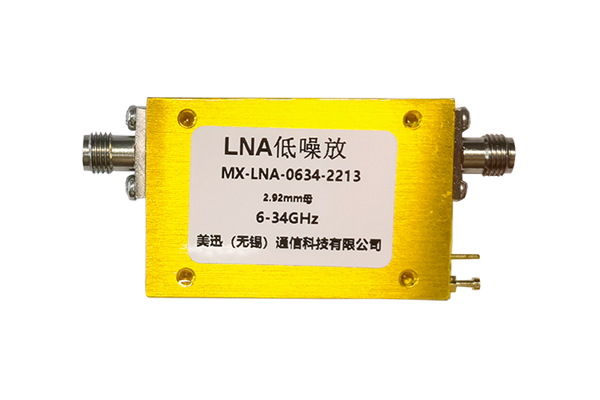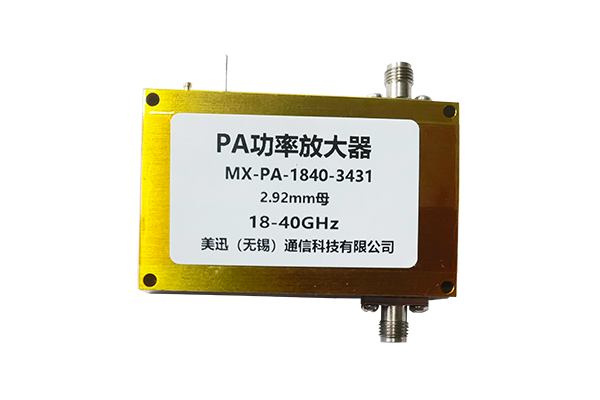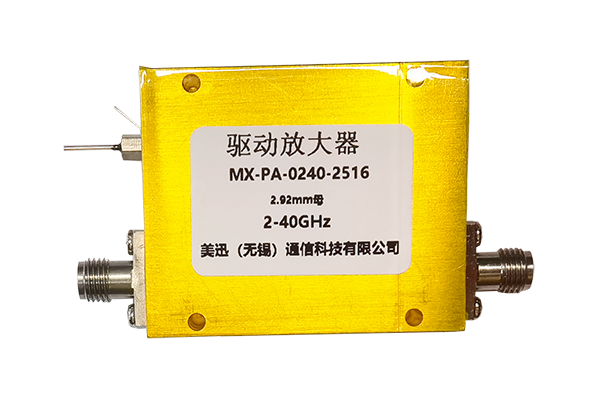What parameters should I pay attention to when purchasing a PA amplifier
PA Amplifier Selection Guide
Essential parameters for choosing the right PA Amplifier
Focus on Core Performance Parameters
- Core performance parameters directly determine the performance of a PA Amplifier.
- Pay special attention to the power rating to ensure it matches the power requirements of the load.
- Focus on the frequency response range, ensuring it covers the required signal frequency band.
- Pay attention to the distortion index. The lower the distortion, the closer the output signal is to the original.
Confirm Compatibility Parameters
- Compatibility parameters affect the interoperability of the PA Amplifier with peripheral devices.
- Impedance matching is crucial. Ensure that the amplifier's output impedance matches the load impedance.
- Check the input and output interface types to ensure they match the interfaces of the signal source.
- The input sensitivity parameter must be adapted to the output signal strength of the signal source.
Consider Environmental Compatibility Parameters
- Environmental compatibility parameters determine the PA Amplifier's suitability in different scenarios.
- If used outdoors or in environments with large temperature fluctuations, pay attention to the operating temperature range.
- If the environment is humid or dusty, check the protection level and prioritize models with dust and moisture resistance.
- For mobile use, consider the device's weight and size to ensure ease of portability and installation.
Pay Attention to Quality Assurance Parameters
- Quality assurance parameters affect the PA Amplifier's lifespan and stability.
- Check heat dissipation design parameters, such as the presence of a cooling fan and the heat sink material.
- Pay attention to the power supply range and select a product that can adapt to varying voltage fluctuations.
- Prioritize models with overload and short-circuit protection, which automatically cut off power in the event of an abnormality.



